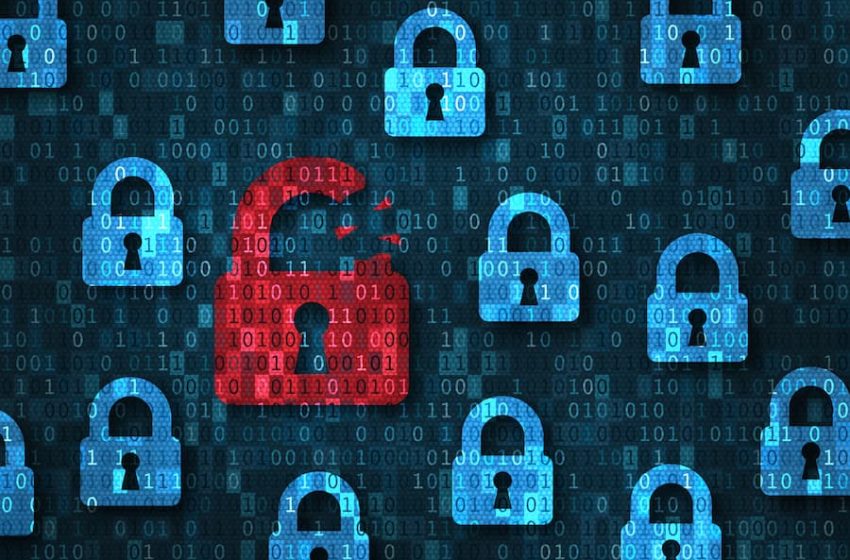Remote workers are largely leaving sanctioned industries for cyberattacks

The legal sector is at risk of an increase in cyberattacks due to an increase in the number of employees using unsecured networks to work, according to a new analysis.
Employees are increasingly using unsecured public Wi-Fi hotspots at work, making businesses "extremely vulnerable" to hackers, according to the Federation of Small Businesses and cybersecurity group Linten Technologies, who say cyber breaches are now "incredibly easy" to pull off.
"You will never be removed from an unsecured network, whether in a hotel, cafe, train station or airport," said Robert Downes, FSB development manager for Greater Manchester.
“Combine this with remote working which is pushing more legal service staff onto unsecured networks and the concern is that businesses across the UK are exposing themselves to cybercrime.
Many employees simply don't realize how risky public Wi-Fi hotspots are, but they are very easy to hack and make their use taboo. The simple analogy I've heard from specialists is that if you find an open bottle of beer in the bar at night, you wouldn't dream of drinking it just because it's there. The same goes for free Wi-Fi.”
The legal sector is considered one of the most vulnerable and goal-oriented industries. A 2021 PwC survey found that 90% of regulators see cyber threats as the "top threat to future ambitions for progress", while 48% of the UK's 100 largest companies expect to minimize their footprint in the workplace in a short to medium period of time. Meanwhile, the diversity of the world's public Wi-Fi hotspots is expected to reach 628 million by 2023, nearly one for every 10 people on the planet.
"The threat to regulatory companies is great," said Steven Allan, CEO and founding father of Linten Technologies. He mentioned how companies can reduce risks:
“A staggering 95% of cyber security breaches are due to human error. So the first thing companies need to do is educate their employees about the risks of unsecured networks.
We advise our customers that it is safer to create hotspots from your mobile phone when using mobile data than to join an unsecured network when you are on the go.
Another simple security measure is multi-factor authentication (MFA). This is important to any good cybersecurity plan, but only 46% of SMBs have the knowledge in place.
Use a trusted VPN (Virtual Private Network) service. By using a VPN every time you connect to public Wi-Fi, you encrypt all of your knowledge shared through the community.
The cost of being proactive and prepared is significantly less than dealing with the consequences of an attack.”
Data breaches cost SMBs an average of nearly £3.8 million (.35 million) per incident, according to a recent IBM data breach report. Allan concluded with three more tips for companies and employees:
"Only visit websites with an HTTPS connection, as this ensures that you are shopping on a trusted and secure website.
Please disable sharing on your device. This ensures that the things you frequently connect or share on a secure network cannot be tracked.
Make sure you have the proper security infrastructure in place, similar to an antivirus program, to ensure you are protected from viruses and malware.”
Join almost 5000 other professionals - subscribe to as many as our newsletter